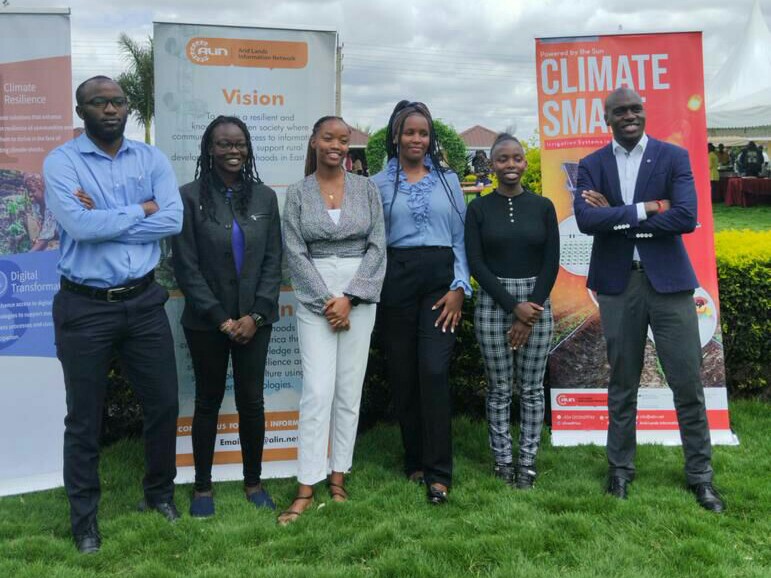Youth groups from across the country convereged for the Pre-LCOY Policy Workshop where they developed policy outputs and solutions geared towards climate change.
The two-day event saw young people with shared vision towards climate action passionately explore thematic areas such as just energy transition, loss and damage, climate finance amd climate smart agriculture.
As LCOY Kenya 2023, COY 18 and COP 28 near, core insights, discusssions and action steps from the youth showed preparedness to impact change in their respective communities. This comes just a week after African Climate Summit tabled safe grounds for such conversations.

Modester Lynn, a dire energy and policy enthusiast asserted that climate change negotiations is a long process and takes place in many levels (subregional, regional and international) before reaching the COP.
“This explains why negotiatios take long to agree on issues,” she said.
She added that understanding Kenya’s policy landscape is foundational to crafting effective policies and initiatives that authentically address the climate challenges within our communities. This, she noted, makes the youth access platforms and resources to be able to amplify and influence the policies.
In recent years, tackling youth-led adaptation has been an uphill ride. However, building resilience in vulnerable communities and enhancing their ability to withstand the effects of climate change has shown to be a productive approach.
“Disaster Risk Reduction (DRR) plays a pivotal role in Climate Change Adaptation (CCA), encompassing early warning systems, preparedness, the strengthening of coping mechanisms, and the reduction of vulnerabilities,” climate change advocate Christin Ogola affirmed.
She stressed on the need to meaningfully engage communities in adaptation projects to be implemented at the grassroots because they better understand their assets & priorities.
Whilst implementing the mitigations, it also dawned that these vulnerable communities in question still need to produce food for the ever growing population. Climate Smart Agriculture (CSA) would then be the opportune venture to bring the solutions.
Kilimo Sasa Initiative, a youth groups present at the workshop claimed that Climate Smart Agriculture provides an opportunity for youths to actively contribute in climate change mitigation and at the same time create green jobs in crop and animal production and its associated value chain.
As a tool to stabilize the Greenhouse gases (GHGs) concentration, climate smart agriculture ensures that the gases in the atmosphere are at a level that would prevent dangerous anthropogenic interederences with the climate system.
The youth’s role in adopting climate resilience was also well articulated as Fiona Njeri from Greener Communities Program (Grecop) echoed that youth-led innovation is the key to climate resilience, both locally and globally.
” Let’s empower our young innovators to create solutions that can make a difference everywhere. Together, we can build a sustainable future,” she coerced in conclusion.


